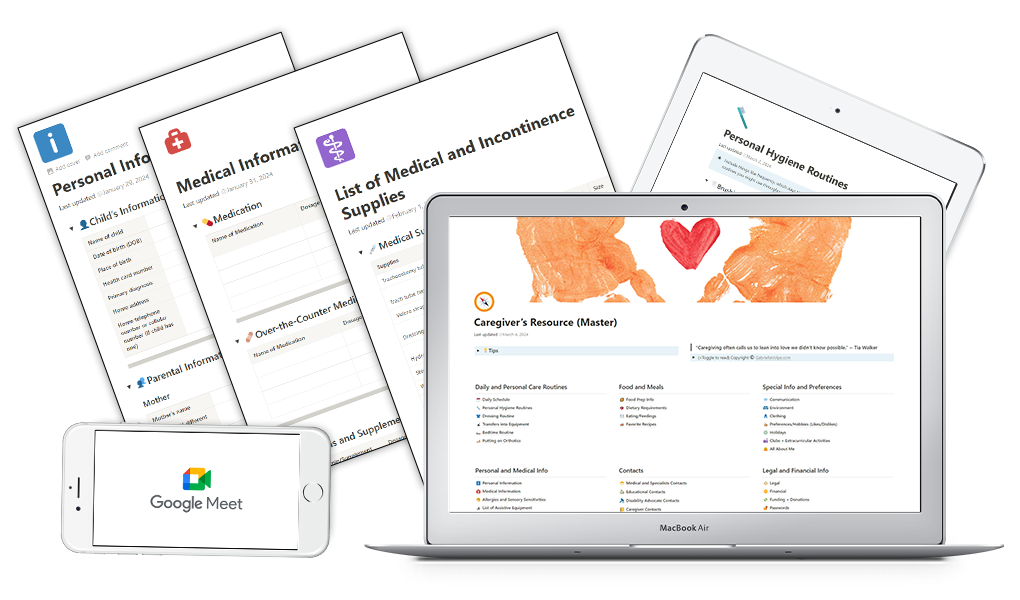Families that choose in-home care for their loved ones take the brunt of inadequate systems of care.
Some implications for families
- One or both adults in the home often have to forego their careers to care for the family member, forcing them to live in poverty.
- Siblings hurt when parents are required to give their full attention to the family member with complex medical needs.
- With parents exhausted and burning out, they are left to choose between attending an event or looking after their well-being. Families miss out on vacations, celebrations, and social gatherings.
Who benefits from inadequate systems of care?
Those who create the policies but don’t have to deal with the outcomes of the rulings are the ones who benefit most. Governments, agencies, social service centers, and even their employees gain more than the individuals and family members themselves.
An example of inadequate systems of care
During the pandemic, many families paused their in-home services. As a parent caring for my child 24/7, I received zero financial support. If anyone else cared for my child, they would have been paid. As a parent doing the exact same tasks (and more for more hours), I was not eligible for the same compensation. The agency banked that money.
Attending to my son during a pandemic required that I stop working to coordinate/manage/administer care. Clinicians handling my son’s file (with no direct contact to him or his care) continued to work for pay.
I am not suggesting removing the livelihood of employees whose roles are essential. I advocate equitable consideration for parents/primary caregivers who pick up the slack when systems fail us.
Inadequate systems of care are not new
This is not a pandemic issue. The pandemic only highlighted how flawed, discriminatory, and unsupportive these systems are for disabled individuals and their families.
Deinstitutionalization saved governments money while abandoning families who want to care for their loved ones. We want equal support so that our children can live the full, inclusive lives that are their right.
The current system forces isolation, burnout, and poverty. This is no longer acceptable.
Quality care is a human right, and we must demand it.
Related articles:

Caregiver's Resource Planning Group
Organize your caregiving records for your neurodivergent/disabled child with the accountability of a group. For family caregivers.

0 Comments